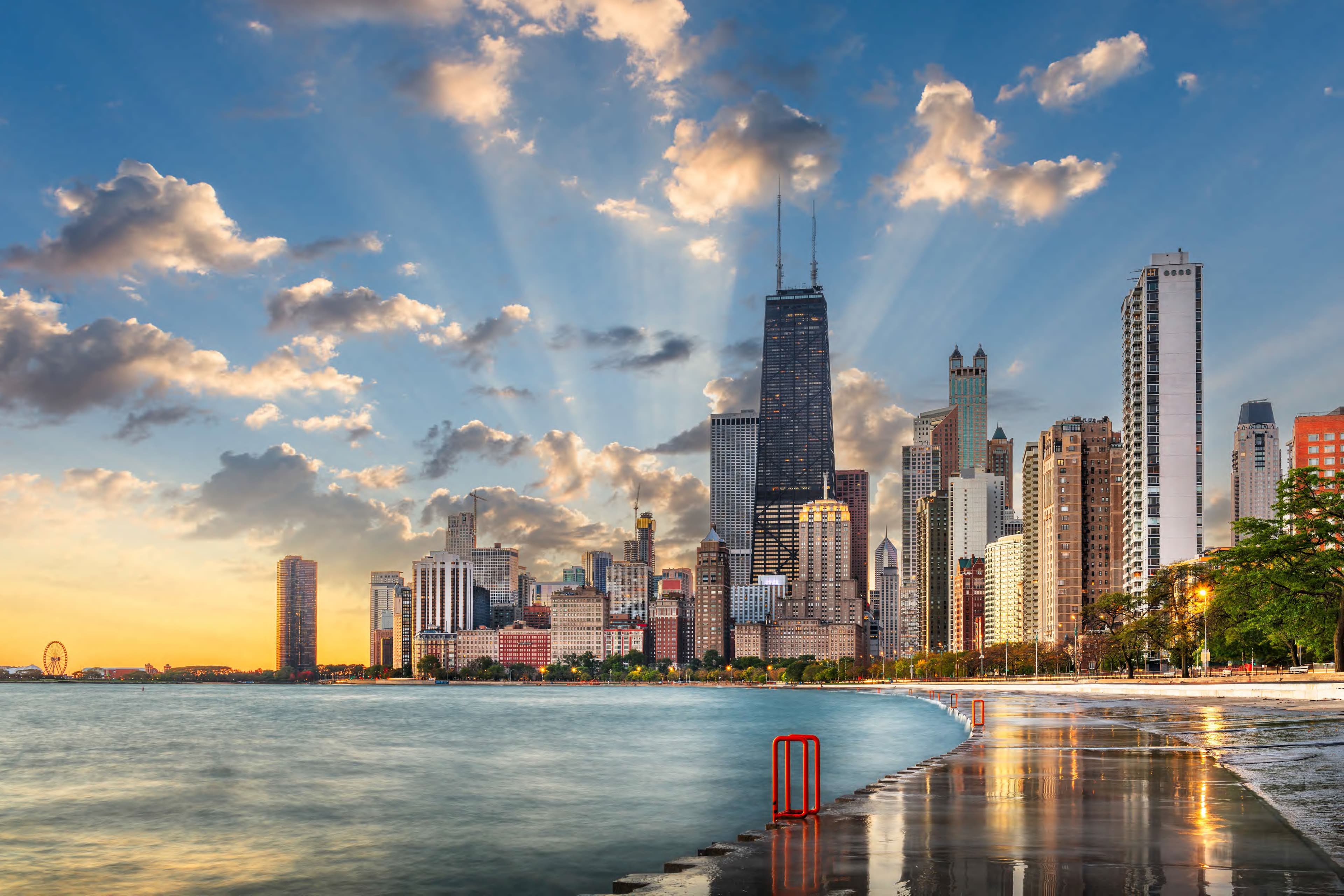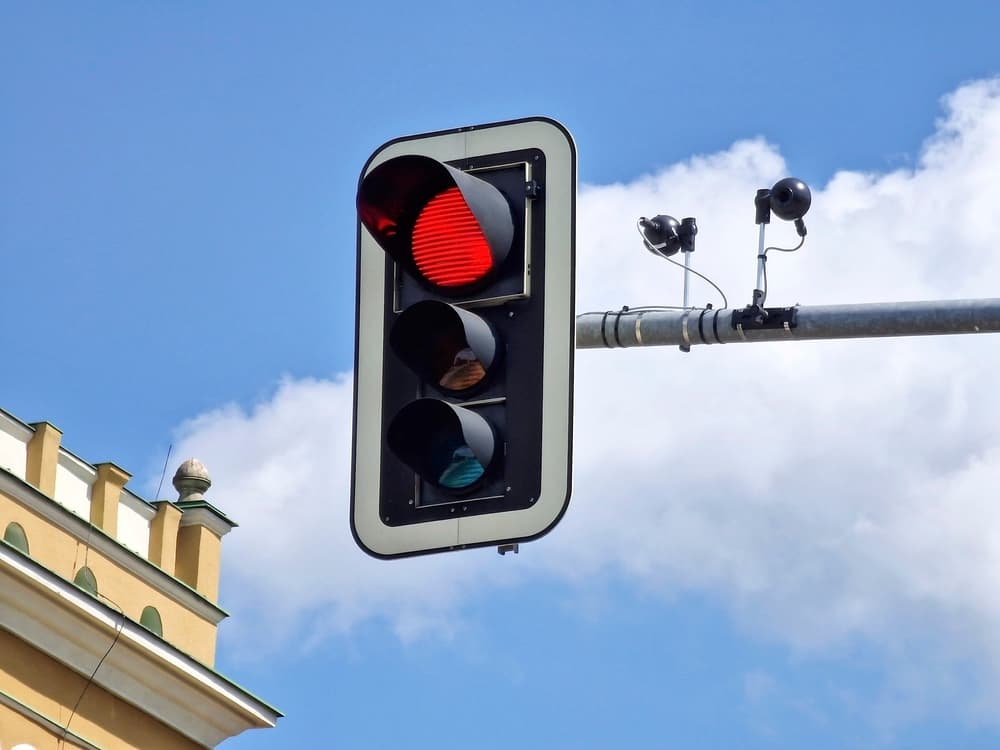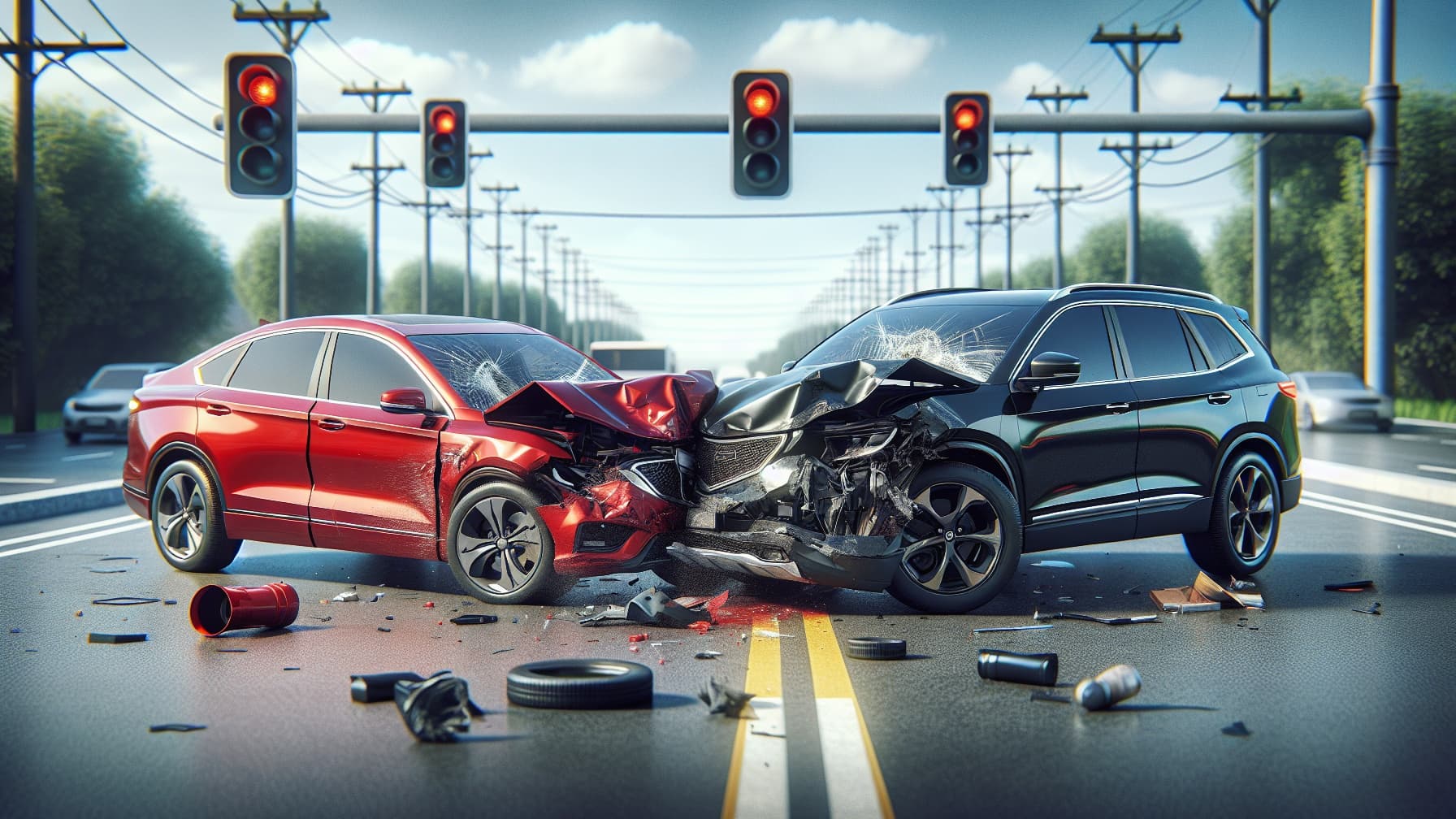Danger Posed By Cracked Sidewalk And Victim S Injuries Were Foreseeable
Generally, the owner of a property has a duty to maintain the premises in a reasonably safe condition. However, under Illinois law related to premises liability, an owner is generally not under an obligation to guard against injury from open and o...

Generally, the owner of a property has a duty to maintain the premises in a reasonably safe condition. However, under Illinois law related to premises liability, an owner is generally not under an obligation to guard against injury from open and obvious dangers.
Yet, there is an exception to this open and obvious dangers rule, and that exception applies where the property owner should expect that a potential victim may be distracted from the danger because of circumstances that require him or her to focus on some other condition. The Illinois Appellate Court case of Bruns v. City of Centralia demonstrates this principle.
A broken sidewalk
The victim was an 80-year-old woman who was attempting to enter an eye clinic for an appointment. She had been suffering from various eye issues, including blurry and reduced vision.
Near the entrance to the clinic, a large tree's roots had cracked the sidewalk and raised it approximately three inches above the surrounding walkway. As the victim approached, focused on entering the office, she tripped over the crack and fell, severely injuring both her shoulder and arm.
The clinic had previously complained to the city about the condition, and had even offered to remove the tree at the clinic's expense. In addition, another patient had fallen approximately a year earlier. Even a city public works foreman had testified that the sidewalk was a danger. Despite this, the city had refused to remove the tree.
The lower court held that the sidewalk condition was open and obvious, and thus the city should not be liable for the injuries. The court entered a summary judgment in favor of the city, not even allowing the victim her day in court. The victim appealed.
Was the danger foreseeable?
The Illinois Appellate Court, in considering the distraction exception to the open and obvious danger rule, stated that the key question was the foreseeability of the likelihood that a victim might be distracted from the open and obvious danger.
Here, it was reasonably foreseeable that an eye clinic's elderly patient might be watching the pathway to the clinic's door or the steps, rather than the sidewalk immediately under her feet. In addition, it was foreseeable that an eye clinic patient might have procedures performed that would cause them to not be looking downward at all times. Such facts should have been presented to the jury, rather than the lower court determining the outcome, before a trial, using a summary judgment.
The city knew about the danger the tree presented, and knew that another person had been injured in the past. It was not a significant burden to require the city to fix this known danger in a reasonable time frame. Even though the condition occurred over several years, that did not allow the city to bury its head in the sand and ignore the danger. Accordingly, the court erred in granting summary judgment to the city, and the lower court's decision on this slip-and-fall case was reversed. The elderly victim would have her day in court.
Compensation for injuries
People who are injured due to dangerous property conditions should receive the compensation they deserve. Such incidents can cause very serious injuries that require costly and ongoing medical treatment. If you are injured in a slip-and-fall accident, consult with an experienced attorney who will aggressively pursue your case.







